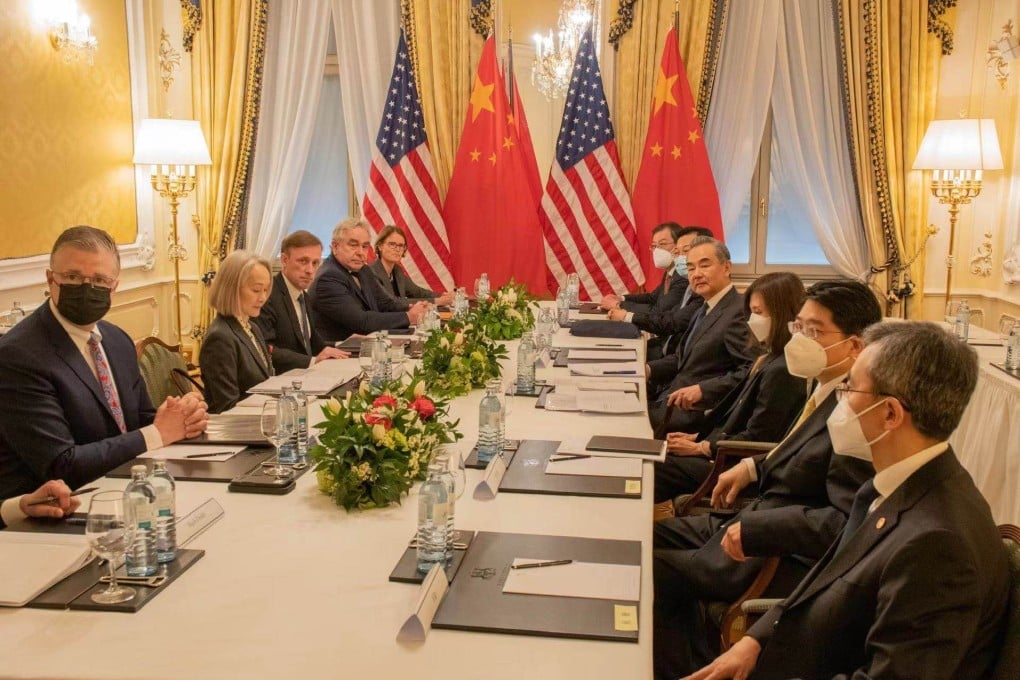How backchannel diplomacy helped US and China emerge from shadow of balloon incident
US national security adviser Jake Sullivan gives inside view of strategic communication efforts that help manage often fragile relationship

Wang and Sullivan held two further secret meetings, in Malta in September last year and in Bangkok in January this year. They have also met in Washington and Beijing.
Sullivan described how these kinds of backchannel meetings prevented US-China relations from further deteriorating in a video interview with an Australian think tank published on Monday.
“It allowed us to manage through difficult situations at points when the relationship could have taken a very serious downward turn,” Sullivan said in an interview at the White House with the Lowy Institute’s executive director, Michael Fullilove.
“It requires a strategic channel empowered by the two presidents, President Biden and President Xi, of senior officials, myself and Wang Yi, to talk through those strategic areas of profound difference and risk between the US and China,” Sullivan said.
In the interview, Sullivan said their discussions covered economics and national security, the South China Sea, the war in Ukraine and “careful, sober, detailed engagement on cross-strait relations to try to maintain peace and stability across the Taiwan Strait”.
